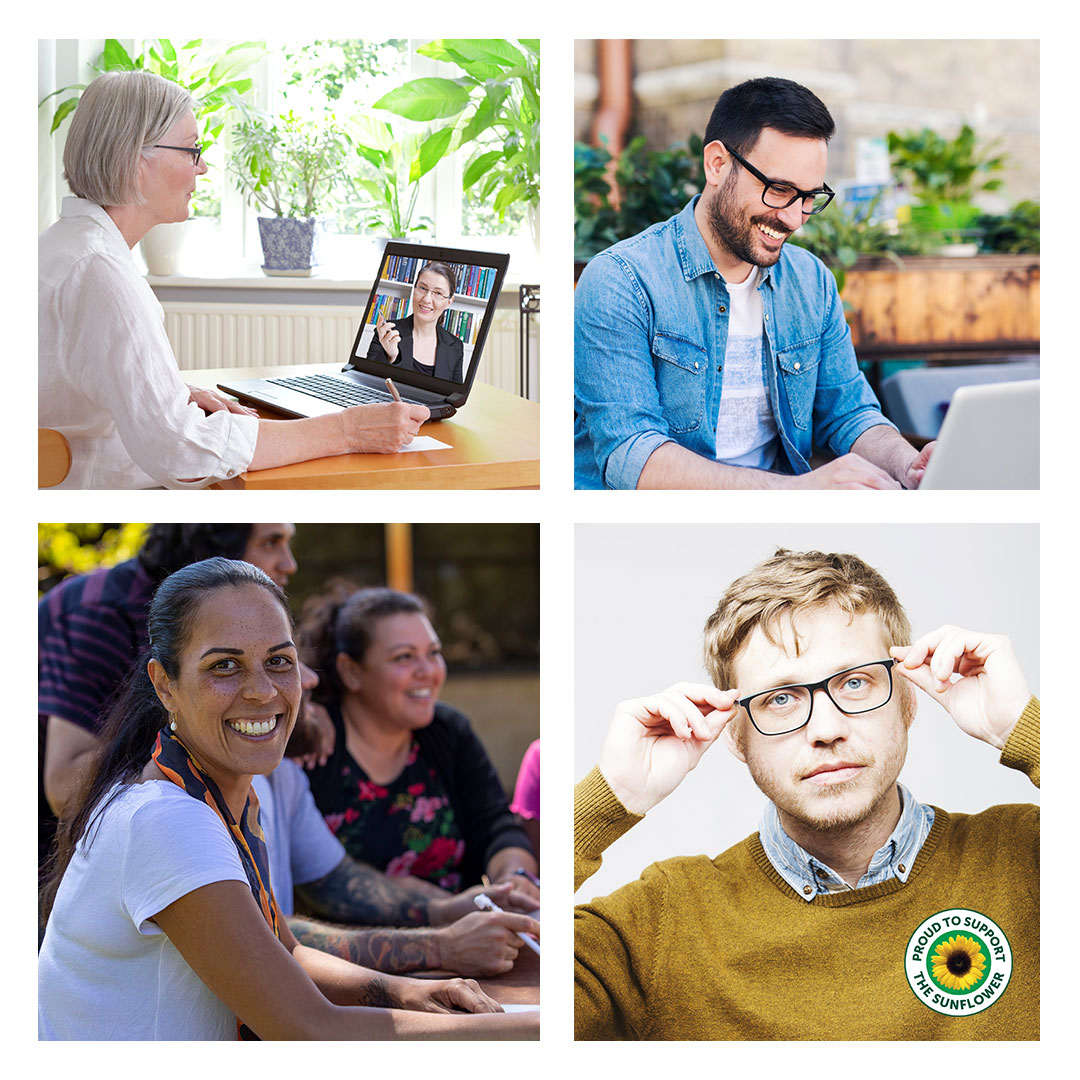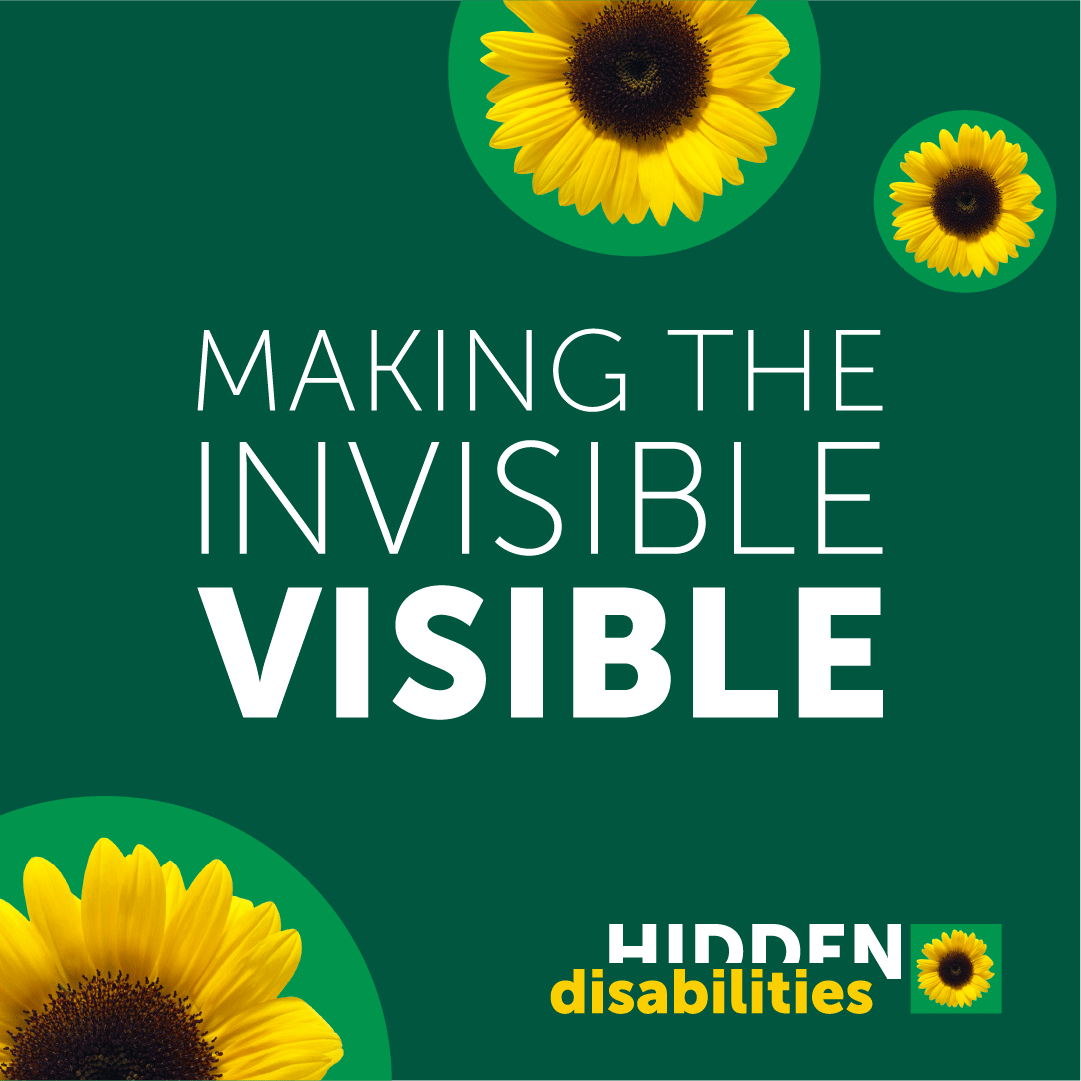Category Neurodivergence Show all
-
APM and Griffith University announce new research partnership on neurodiversity in the workplace

 Aron Mercer, Griffith University PhD Candidate and Adjunct Industry Fellow
Aron Mercer, Griffith University PhD Candidate and Adjunct Industry FellowAdvanced Personnel Management (APM) has entered into a new three-year research partnership with Griffith University and PhD Candidate and Adjunct Industry Fellow Aron Mercer, focused on understanding and improving the workplace experiences of neurodivergent employees. The project—Investigation into the Lived Experience of Neurodivergent Employees: Workplace Disclosure and Belonging—will explore how organisational culture, systems, and interpersonal dynamics shape decisions to disclose a neurodivergent identity at work, and how those decisions impact belonging across the employee lifecycle.
Neurodivergence affects an estimated one in five people, yet many choose not to disclose at work due to fears of stigma, misunderstanding, or exclusion. For an organisation like APM—whose workforce reflects the communities it supports—this represents both a challenge and an opportunity. Through this partnership, APM becomes the exclusive Industry Partner on a major program of work that will deliver new insights to inform internal policies, reasonable adjustments, training, and cultural change across its national and global operations.
Led by Aron Mercer, a neurodivergent author and recognised expert in inclusive employment, and supported by Chief Investigator Professor Elizabeth Kendall AM, the project will engage neurodivergent APM staff and position APM as a leader in evidence-informed inclusive practice.
Quotes
Aron Mercer, PhD Candidate, Griffith University:
"APM supports employers, individuals and communities to enable better lives through employment, disability, mental health, workplace health and wellbeing, and aged care services. Through my research, APM is drawing the spotlight on itself, by examining the experiences of neurodivergent workers. It’s truly humbling to have APM as a partner. I am excited about what we can uncover together."James Muller, CEO – Employment Services, APM:
"At APM, we believe that creating truly inclusive workplaces starts with understanding the lived experiences of our people. Partnering with Aron and Griffith University on this research reflects our commitment to evidence-based action that not only supports neurodivergent employees but also helps shape practical solutions for employers everywhere. We welcome this opportunity to learn, improve, and share insights that make a real-world difference across the employment and disability sectors and the broader community."About the Partnership
APM’s investment includes a cross-business financial commitment, in-kind employee engagement and participation, advocacy and support to ensure findings translate into meaningful changes across the organisation, and through to its customers and delivery partners. The research will also inform service offerings and learning programs delivered by APM brands such as Konekt, WorkCare, Generation Health, Acumen Health and Employment Services.
About APM
APM supports more than two million people across 11 countries, with over 16,300 team members across more than 1,500 locations. In Australia, APM has 6,280 team members across 630 locations, delivering employment services, health and wellbeing programs, disability support, and community services.
More information about APM can be found at: https://apm.net.au/apm-group
-
Disability Action Week: Driving Inclusion through Research and Innovation

This year, Disability Action Week invites all of us to rethink how we communicate, build meaningful connections and create more inclusive environments. At Griffith University—where 12% of our students identify with disability and over 40% of these students have a neurological condition—this work is already well underway. As an inclusive university and employer, Griffith continues to invest in research, innovation and student-led design to support our growing neurodivergent community.
Below, you’ll find a snapshot of the latest research, initiatives and student insights shaping more responsive teaching, accessible systems and stronger pathways for neurodivergent learners and HDR scholars. Dive into the sections that interest you—or read the full story of how Griffith is driving inclusion through evidence, empathy and action.

Using AI to Help Teachers Support Neurodivergent Students
A recent study by Dr Michelle Ronksley-Pavia, Mr Steven Ronksley-Pavia and Prof. Chris Bigum explores how generative AI (GenAI) can be used to design personalised learning experiences for twice-exceptional and multi-exceptional neurodivergent students.
In simple terms, twice-exceptional and multi-exceptional students are people who are both gifted and have one or more disabilities (such as ADHD, autism, dyslexia, or other cognitive or physical disability). They have strong abilities or potential in some areas but also have challenges in others. Their learning needs are more complex because several conditions interact at the same time.
These students have unique strengths and unique challenges. They need learning environments that recognise what they can do really well, while also giving the right support where they may face challenges.
In small-scale experiments, the researchers used GenAI to “rehearse” different pedagogical strategies based on synthetic (but realistic) multi-exceptional student profiles, enabling them to reflect on and potentially adapt teaching practices in a more tailored way.
Key findings include:
- GenAI-supported rehearsal gives educators a relatively safe, low-risk way to experiment with differentiated strategies before applying them with real students.
- The process helps in visualising and anticipating diverse classroom needs, particularly for students whose profiles may combine high ability or potential with other challenges (“twice-exceptional,” e.g., gifted + disability).
- Ethical and pedagogical implications are raised: how to ensure AI-designed scenarios do not reinforce stereotypes, bias, or narrow assumptions about neurodivergent students.
- The researchers argue for a human-centred approach: the goal is not to replace teacher judgement but to augment it, using GenAI to better inform inclusive and responsive instruction.
Why this matters for Disability Action Week (“Communicate. Connect. Create.”):
Communicate: This research highlights new ways for educators to communicate with themselves (through rehearsal) and with diverse student needs. By simulating real-world neurodivergent profiles, teachers can better understand and anticipate student experiences, strengthening communication, support, and expectations.
Connect: Using AI to co-design or rehearse learning experiences fosters a deeper connection between teachers and the lived realities of neurodivergent students. It creates a bridge for empathy, insight, and shared understanding.
Create: The study embodies innovation: creating tailored, inclusive pedagogies through GenAI platforms can develop teacher capacity and capabilities to reimagine how they teach and support neurodivergent students. It aligns with inclusive futures by showing how technology can be harnessed to design more equitable education.
For Griffith University, where inclusion of students and HDR scholars with disability (including neurodivergent students) is a key priority, this research offers practical, future-forward strategies:
- It suggests a model for professional learning: teachers could use GenAI platforms in their own development, rehearsing inclusive practices in low-risk environments.
- It supports Griffith’s goals of universal design for learning by reinforcing teacher adaptability to neurodiverse needs.
- It helps foreground the voices and needs of twice-/multi-exceptional students, often underrepresented in standard pedagogical planning, reinforcing institutional commitment to meaningful inclusion.
Read more: https://journals.sagepub.com/doi/full/10.1177/1932202X251346349
Championing Neurodivergent Researchers Across Higher Degrees
Researchers Dr Chris Edwards and A/Prof Kate Simpson recently contributed to a systematic review examining the experiences of neurodivergent higher degree research students.
Their work highlights that many neurodivergent researchers bring valuable strengths to their fields, such as creativity, deep focus, innovative thinking and unique problem-solving approaches. However, the review also shows that universities are often not structured with these strengths or needs in mind. Neurodivergent research students frequently encounter unclear expectations, sensory overload in shared offices and labs, and administrative processes that assume everyone works and communicates in the same way.
They emphasise that inclusion must extend beyond offering individual accommodations. Instead, universities need to create accessible systems and environments that recognise, respect and value neurodiversity. This would not only better support neurodivergent researchers but also help strengthen research culture more broadly. Their findings reinforce the spirit of Disability Action Week: when institutions genuinely embrace different ways of thinking, everyone benefits.
Leveraging Students’ Voices and Designing for Diversity
Considering how research can drive efforts for inclusion, engaging with the experiences and perspectives of students is crucial. Researchers A/Prof Stuart Woodcock and Elizabeth Hitches have explored student perspectives on university support services and unveiled important findings in relation to students’ stress during their higher education journey.
The researchers found that students with accessibility requirements and/or disability (ARD) may have higher levels of academic stress than their peers, even when they were receiving academic accommodations (Hitches et al., 2023). This stress can have negative impacts not just for learning, but for students’ physical and mental health. What this illustrates is that stress may be an important equity consideration, and reducing unnecessary stressors may be an important aspect of designing for diversity. Proactively reducing barriers to access, engagement, and performance for students, such as through an Universal Design for Learning approach to courses, may assist with meeting students’ diverse needs from the outset.
Completing this, students offered suggestions for strengthening and enhancing available student support, considerate of the high demand support services are under (Hitches et al., 2025). Overall, students recommend accessible, personalised and student-centred support, which facilitated their own sense of agency and empowerment. Students also highlighted the importance of the affective experience when accessing accommodations. In students’ accounts, it was just as important as the tangible accommodations received.
One important conclusion from these studies is that by leveraging students’ voices, the higher education sector can gain deeper insight into ways to support more inclusive experiences for students, reducing unnecessary stressors and empowering students to reach their full potential.
Supporting Our Growing Neurodivergent Student Community
Twelve percent of Griffith University students identify with a disability. Of these, more than 40% said that they have a neurological condition, which encompasses autism, ADHD and other neurodivergences. The Griffith University Student Disability and Accessibility Team are looking for new and innovative ways to respond to the needs of this growing cohort. In addition to reasonable adjustments such as extensions, quieter rooms for exams and assistive technologies, the following neuroaffirming initiatives are underway:
Advocate-ED Program
Griffith University has partnered with Empower Autism to deliver free, on-campus workshops for autistic students to build skills in self-advocacy, collaboration and self-reflection. These workshops are delivered by autistic facilitators, with future workshops in peer advocacy and leadership coming soon.
ADHD101
In 2026, students will be able to join ADHD101 – a free support group for students with ADHD developed by Curtin University. The weekly sessions focus on the many strengths of students with ADHD and shares successful strategies and support.
Hidden Disabilities Sunflower Network – making the invisible visible
Like many disabilities, neurodivergence is not always immediately obvious to others. For some people, this can make it hard to understand and believe that someone with a “non-visible” condition genuinely needs support. Simply by wearing a Sunflower lanyard or pin, people with hidden disability can indicate that they may need extra help, understanding, or just more time.
When a business joins, they commit to training their entire workforce using the Sunflower training suite - to know what the Hidden Disabilities Sunflower is, and to have a broad understanding of hidden disabilities and be confident to support someone wearing it. Griffith has just started this process and is excited to share more information in the coming months – stay tuned.
For more information contact: Lizzy King, Senior Disability Advisor - Student Disability and Accessibility at lizzy.king@griffith.edu.au

Citations
Ronksley-Pavia, M., Ronksley-Pavia, S., & Bigum, C. (2025). Experimenting With Generative AI to Create Personalized Learning Experiences for Twice-Exceptional and Multi-Exceptional Neurodivergent Students. Journal of Advanced Academics, 36(4), 601– 639. https://doi.org/10.1177/1932202X251346349
Tan, D. W., Edwards, C., Mewburn, I., Simpson, K., Webster, A. A., & Brownlow, C. (2025). Understanding the experiences of neurodivergent research students: a mixed methods systematic review. Studies in Higher Education, 1-17.
https://doi.org/10.1080/03075079.2025.2573209Hitches, E., Woodcock, S., & Ehrich, J. (2023). Shedding Light on Students with Support Needs: Comparisons of Stress, Self-Efficacy, and Disclosure. Journal of Diversity in Higher Education, 16(2), 205-214. https://doi.org/10.1037/dhe0000328
Hitches, E., Woodcock, S., O’Sullivan, K & Ehrich, J. (2025). Leveraging students' voices: understanding ways university support services can strengthen student support. The Australian Educational Researcher, 52, 583-605. https://doi.org/10.1007/s13384-024-00731-2